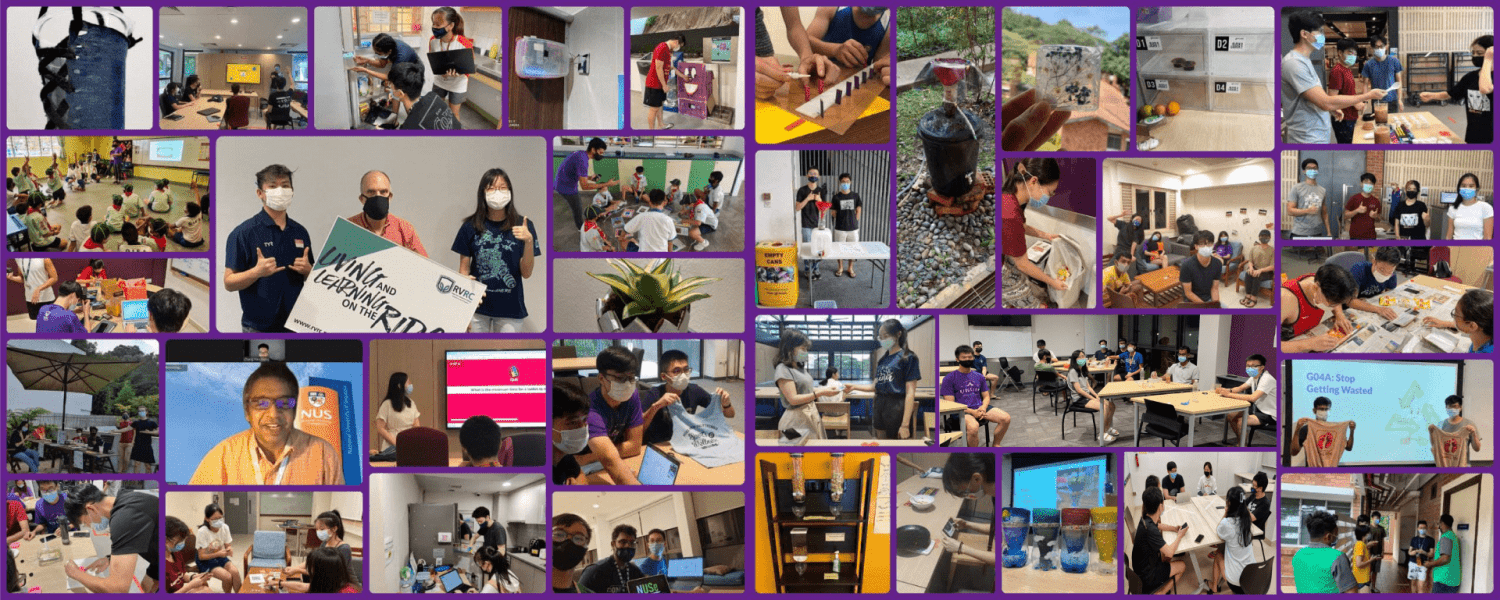Chng Kai Yi Kimberly, Choo Run Kang Neville, Foo Chuan Yew, Jin Jin, Nicholas Lowie
Academic Advisor: Dr. Florence Ng
The need to conserve water rises as pressure on water supplies increase due to rising demand from population and economic growth (Grafton, et al., 2013). In particular, Singapore’s water demand of 430 million gallons per day, is expected to double by 2060. Hence, there is a need to manage water consumption to ensure supply meets demand (PUB, 2019). There have been many nationwide campaigns in place to reduce water consumption. Among them, are initiatives promoting the reuse of greywater from washing machines for non-potable purposes such as toilet flushing. Lack of widespread adoption however, may be due to perceptions of health effects or belief that using recycled water represents a decreased standard of living (Bakare, et al., 2015). Our project explores the possibility of reusing greywater by assessing the quality standard of greywater in RVRC before and after treatment by simple filtration. By collecting greywater from washing machines within RVRC and the use of a simple filter with activated carbon to remove undesirable physical and chemical substances, we aim to compare the contents of the filtered greywater with raw, untreated greywater using a complete water analysis test kit to evaluate its viability for reuse. This will be analysed through the greywater quality guidelines set by PUB and parameters such as pH and total residual chlorine. The effect of treated greywater on plant growth will then be quantified to certify that it is clean enough for non-potable reuse like irrigation. Our projected findings would be that plants will be able to successfully grow when watered with the treated greywater. Through greywater recycling, less water would be wasted, reducing total water consumption within the college.
Keywords: Water, Water Filter, Greywater
